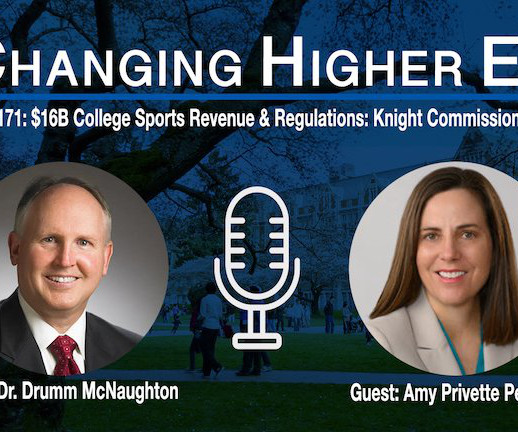Creating Safe Spaces: Future Teachers of Color Summit
The Scholarly Teacher
DECEMBER 20, 2023
Our Why The faculty involved in this project identify as BIPOC teacher educators. We are five out of nine BIPOC faculty in the same teacher education department, and, as such, we often are asked or “voluntold” to do this as part of our higher education service duties. All participants self-identified as BIPOC.










Let's personalize your content